Gynecologist
A gynecologist is a specialist in female reproductive health. The female reproductive system includes external and internal genitals: vulva, vagina, uterus, fallopian tubes and ovaries. Gynecologists diagnose and treat and prevent diseases of these organs, as well as problems of the menstrual cycle. An obstetrician-gynecologist specializes in pregnancy and childbirth. There are other narrow specializations: pediatric gynecologist, gynecologist-surgeon, and oncologist.When to see a gynecologist
A gynecologist should be consulted at any age and at any time when problems arise from the genital organs. They have the following symptoms:
- discomfort and pain in the lower abdomen, sharp or dull;
- irregular menstruation (except during puberty or perimenopause when irregular menstruation is normal);
- unusual menstruation: unusually painful, excessively abundant, etc.;
- intermenstrual vaginal bleedings;
- unusual vaginal discharges: they have an unusual smell, color, quantity;
- pain and discomfort during sex.
This especially requires attention when it is of an intense or repetitive nature. Not all of these symptoms are always dangerous, but only a doctor can determine the degree of their danger.
Planned checkup by a gynecologist
Gynecologists differ from physicians of other specialties in that they are recommended to be consulted even when there are no problems. Visiting a gynecologist is an important element of women's health prevention. For many years, health education efforts have been aimed at reaching as many women as possible: an exam by a gynecologist once a year is necessary in any case.
The reason is that some dangerous diseases of the female reproductive system have an imperceptible beginning and development, and do not show any symptoms for a long time. First of all, this applies to tumors. In them, the first signs appear when the disease has reached a serious stage. There are other pathologies, for example, infections, which often have a hidden course. They can even pass over time on their own, but after inflammation, adhesions remain, which cause infertility.
Consulting a gynecologist once a year ensures that the disease will be detected at an early stage, before it causes irreversible consequences.
When should you first visit a gynecologist for a preventive examination? There are no clear guidelines for this, but most doctors recommend doing it between the ages of 13 and 17. Adolescents are having establishing their menstrual cycle, many of them are starting sexual relations. The gynecologist will advise, examine, tell you how to protect yourself from sexually transmitted infections, and help you choose the appropriate contraceptives.
Annual planned exams are recommended with the start of regular sexual life or from the age of 21.
How a visit to a gynecologist goes
What is included in visiting gynecologist depends on whether it is a primary visit or a secondary one, and for what reason — planned or emergency.
If this is the first meeting of the doctor and the patient, then at first they talk. The doctor asks in detail about the peculiarities of the menstrual cycle, sexual life, finds out the gynecological and, if available, obstetric anamensis. It is important for the patient to be open, because the correct choice of diagnosis and treatment strategy depends on the accuracy of the answers to the questions.
Then a gynecological exam follows. It is performed on a special gynecological chair, in which the patient lies semi-lying with her legs apart, and the doctor sits in front of her. First, the gynecologist examines the external genitalia, then the vagina and the vaginal part of the cervix. For this, the doctor uses a gynecological speculum, and sometimes a colposcope - a device that allows to examine the mucous membrane of the vagina under magnification.
Further depends on whether the patient has complaints, and the doctor has an assumption about a possible pathology. If there are no complaints and the result of the examination is satisfactory, the doctor together with the patient chooses the time of the next visit, enters it into the schedule, and the planned visit is completed. If the gynecologist decides that a detailed diagnosis is needed, the patient will be referred to research. It can be a gynecological ultrasound, a Pap test, a swab for microflora, laboratory tests of urine and blood, etc. Then the next visit is planned for when the diagnostic results are ready.
Good gynecologist and how to find one
Reproductive health is a very important and at the same time sensitive and delicate area of every woman's life. TThat's why you need to find "your" doctor, that is, one whose competence is beyond doubt, and one with whom you can build trusting relationships.
There are several ways to find "your" gynecologist:
- Ask for recommendations from friends, acquaintances, and relatives, ask about their experience of communication with a gynecologist. The downside may be that not everyone is ready to discuss such topics even with close people.
- Choose a clinic or doctor at random, or simply based on the principle of territorial proximity, and then search for reviews about them on the Internet. Cons — reviews are not always sincere and do not always reflect the true state of affairs.
The most reliable way: to contact a specialized clinic with a good reputation, for example, "Mother and Child". This is a network of medical centers. There are several clinics in Kyiv on the right bank - Obolon and Pechersk, getting there from the left bank will not be a problem either. Also "Mother and Child" is in Lviv and Zhytomyr. It remains to choose a clinic with a suitable location and make an appointment at a convenient time. The competence of physicians is guaranteed here, as well as an advanced approach to treatment and high-quality equipment. Taking into account the experience of the specialists and the general atmosphere of the medical center, there are usually no problems with the trusting relationship between the physician and the patient.




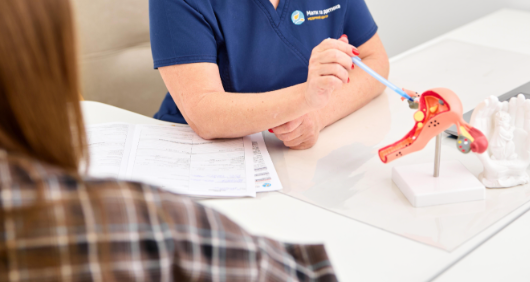
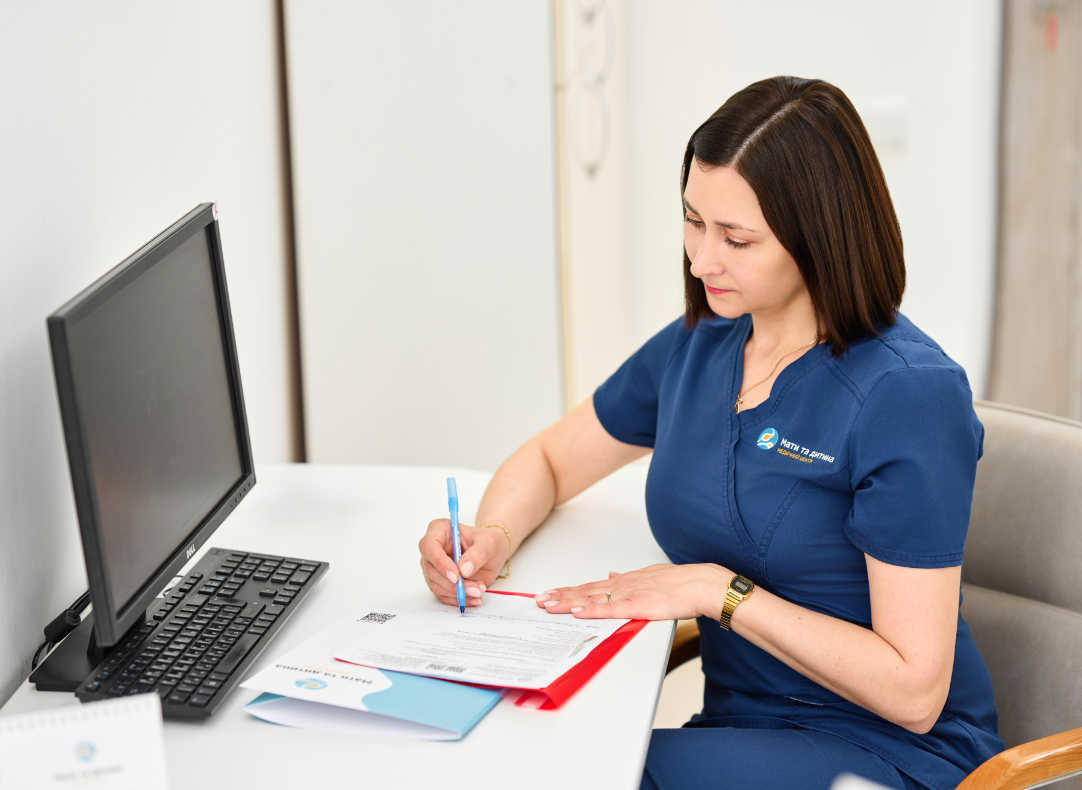














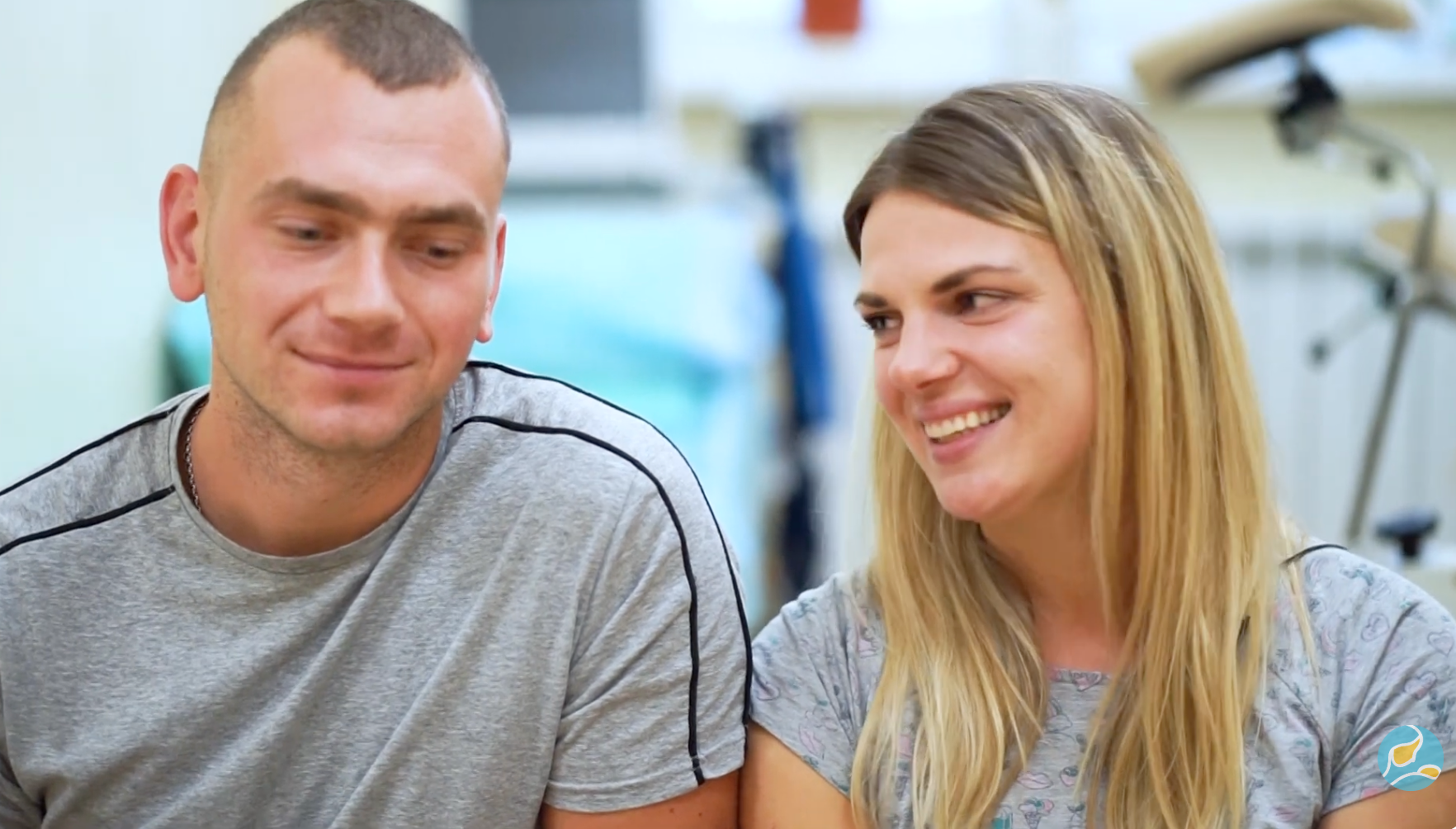

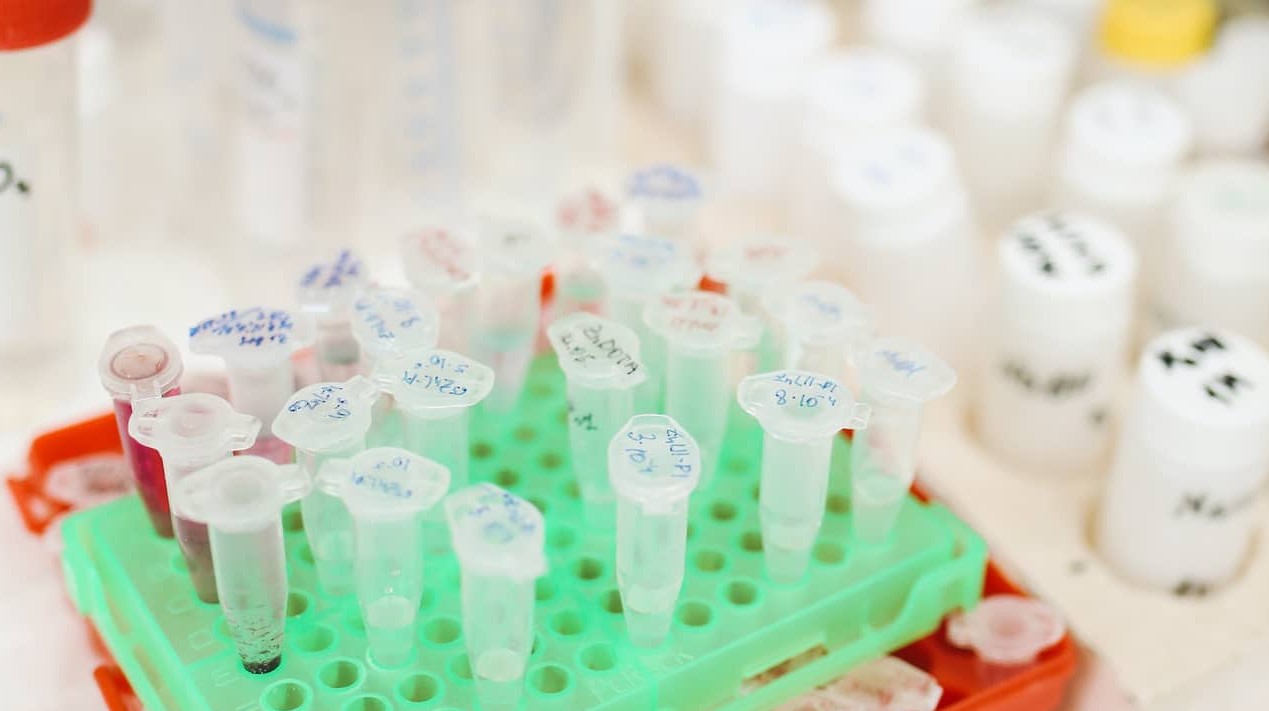
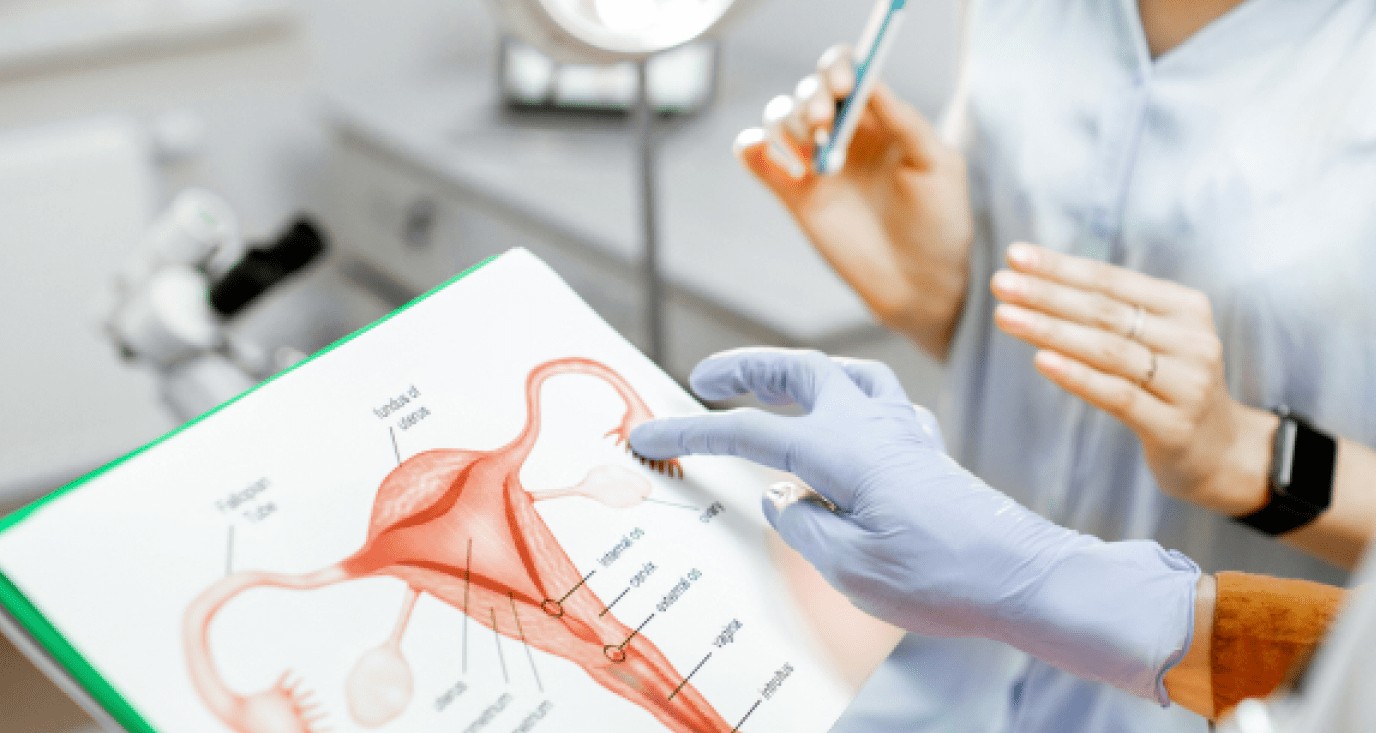
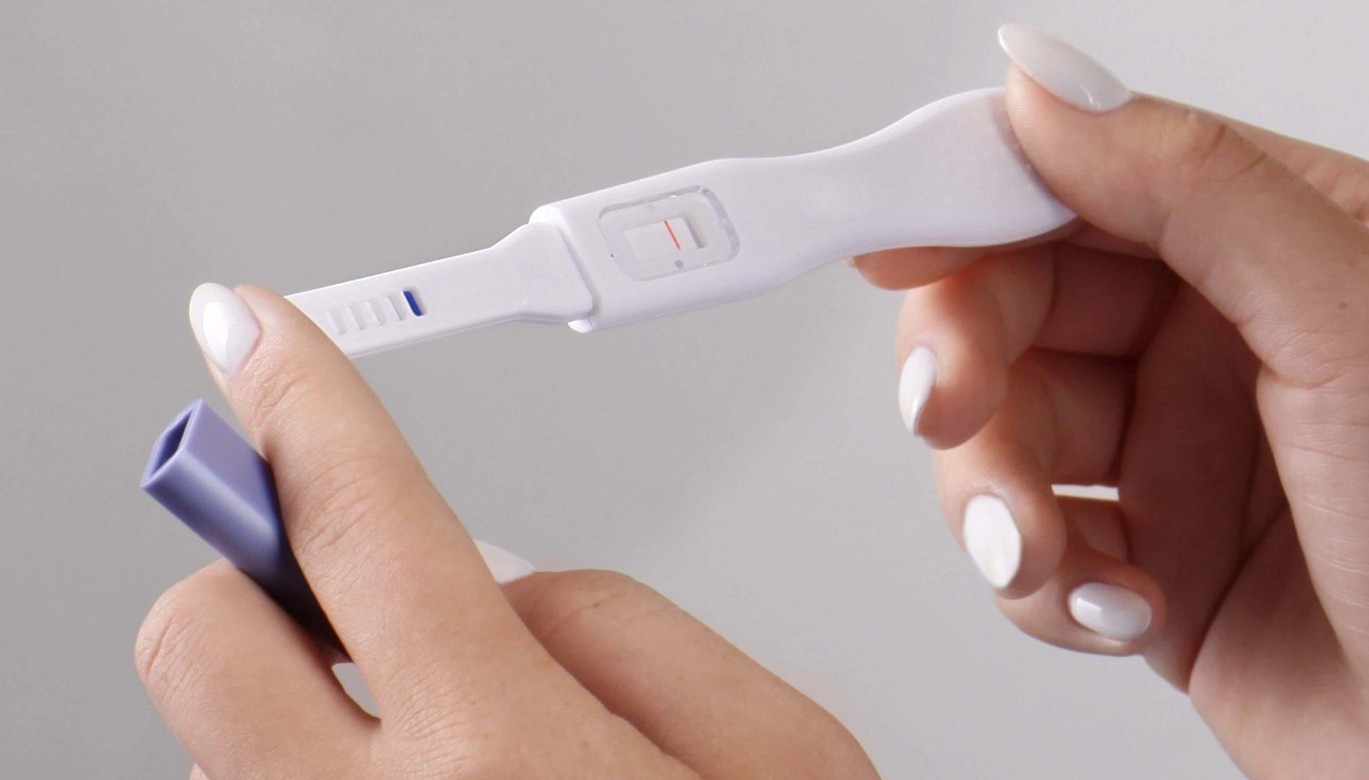






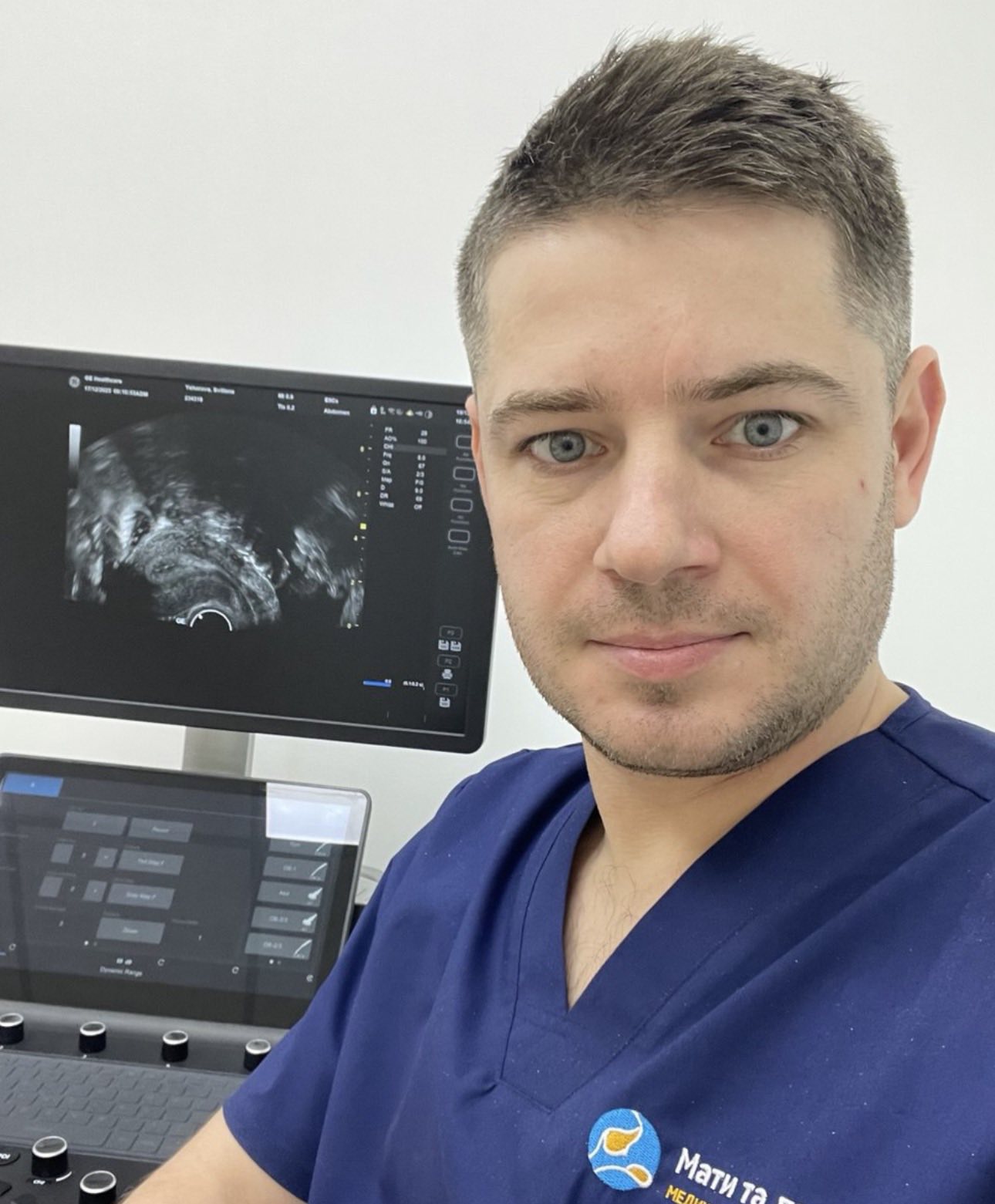
















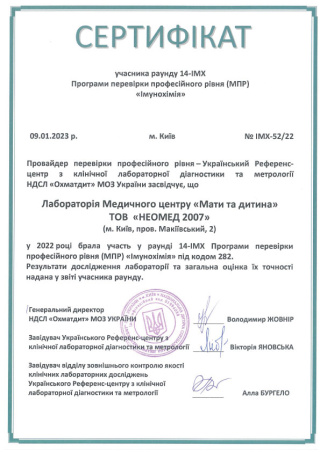


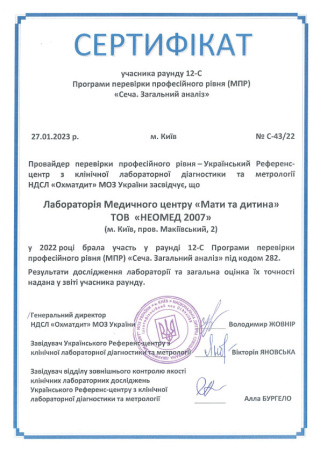
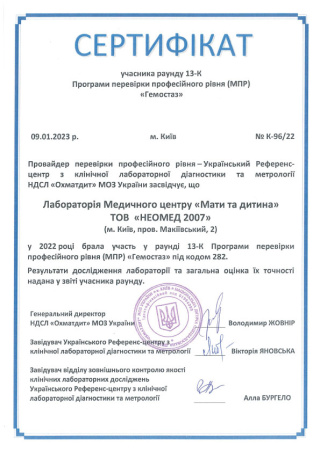

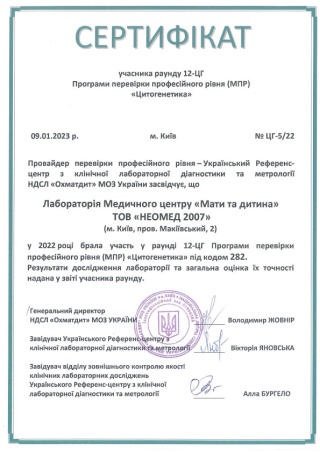


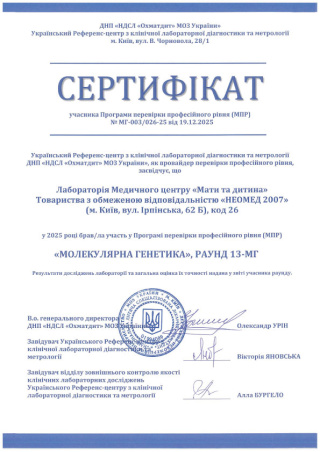
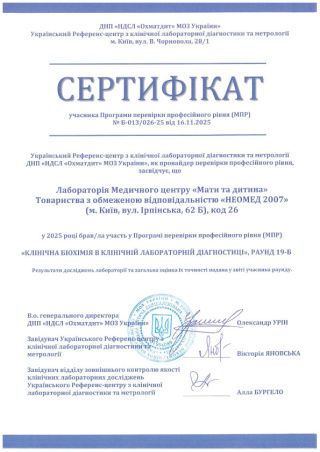
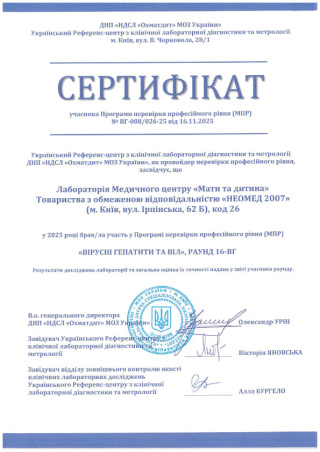
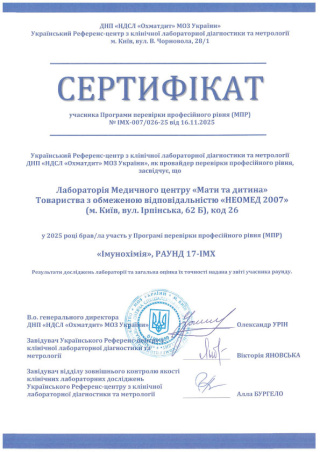

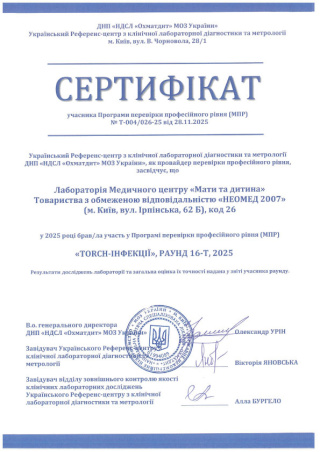
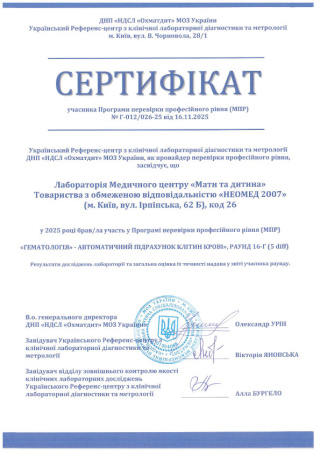
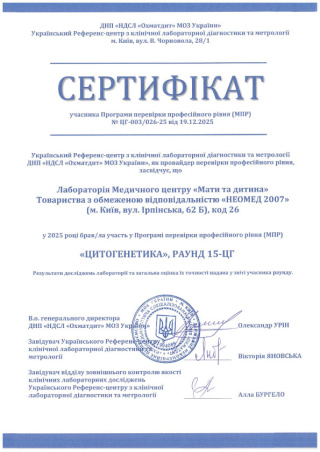
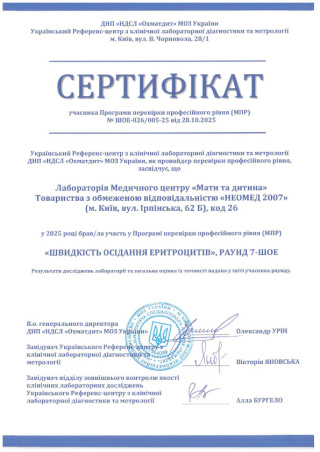

Reviews